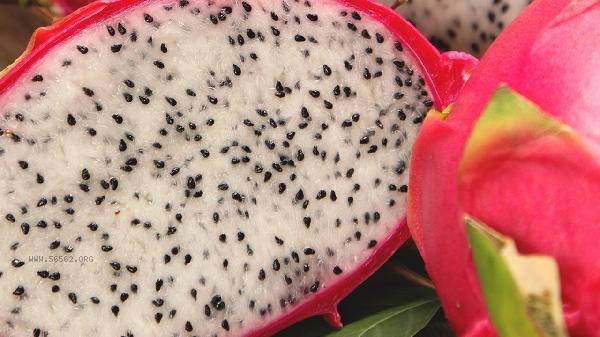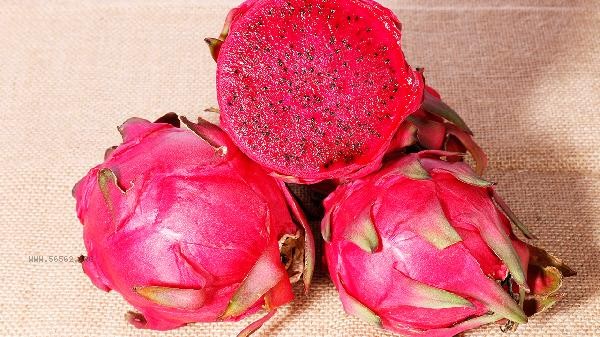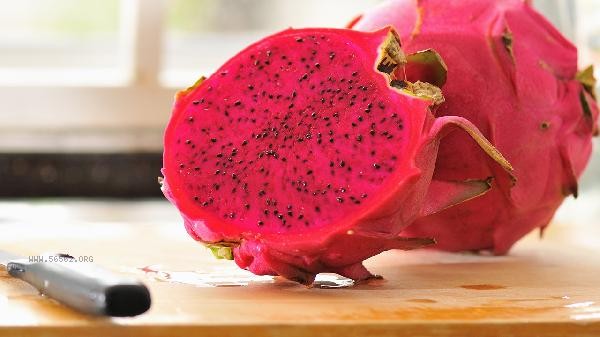Moderate consumption of dragon fruit has certain benefits for the body, as it can supplement nutrients such as dietary fiber, vitamin C, and anthocyanins. Dragon fruit is a low calorie fruit suitable for people who need to control their weight. Dragon fruit is rich in dietary fiber, which helps promote gastrointestinal peristalsis and improve constipation. Dietary fiber can also increase satiety and reduce the intake of other high calorie foods. The dietary fiber content in dragon fruit is relatively high compared to other fruits, and moderate consumption is beneficial for intestinal health. Dragon fruit is rich in vitamin C and has antioxidant properties, which can help eliminate free radicals in the body. Vitamin C can also promote collagen synthesis, which is helpful for skin health. A medium-sized dragon fruit can provide most of the daily vitamin C needed by the human body. Dragon fruit contains natural anthocyanins, a phytochemical with anti-inflammatory and antioxidant properties. Anthocyanins may help reduce the risk of cardiovascular disease and protect visual health. The anthocyanin content of red pitaya is higher than that of white pitaya varieties.

The sugar content of pitaya fruit is relatively low, and the glycemic index is moderate, so patients with diabetes can take it moderately. The sugar content in dragon fruit is mainly fructose, which does not cause drastic fluctuations in blood sugar. However, patients with diabetes still need to pay attention to controlling the consumption and avoiding excessive consumption at one time. Dragon fruit contains various minerals such as calcium, magnesium, iron, etc., which are helpful for bone health and blood circulation. The magnesium element in dragon fruit helps relieve muscle tension and improve sleep quality. Iron has a certain effect on preventing iron deficiency anemia. Dragon fruit seeds contain unsaturated fatty acids, which may be beneficial for cardiovascular health. These fatty acids help reduce low-density lipoprotein cholesterol levels. However, the fatty acid content of dragon fruit seeds is not high and cannot be used as the main source of fatty acids.

It is recommended to consume no more than 200 grams of dragon fruit per day, as excessive consumption may cause gastrointestinal discomfort such as diarrhea. Dragon fruit is cold in nature, and those with weak and cold constitution should reduce their consumption. If allergic symptoms such as skin itching and redness occur after consuming dragon fruit, it should be stopped immediately and medical attention should be sought. When choosing dragon fruit, one should choose fruits with bright skin, fresh scales, and heavy texture. Such dragon fruit has moderate maturity and the best taste. Dragon fruit can be consumed alone or paired with foods such as yogurt and salads to increase dietary diversity. When storing dragon fruit, it should be stored in a cool and ventilated place. After cutting, it should be refrigerated and consumed as soon as possible.










Comments (0)
Leave a Comment
No comments yet
Be the first to share your thoughts!